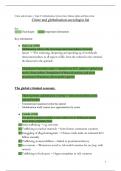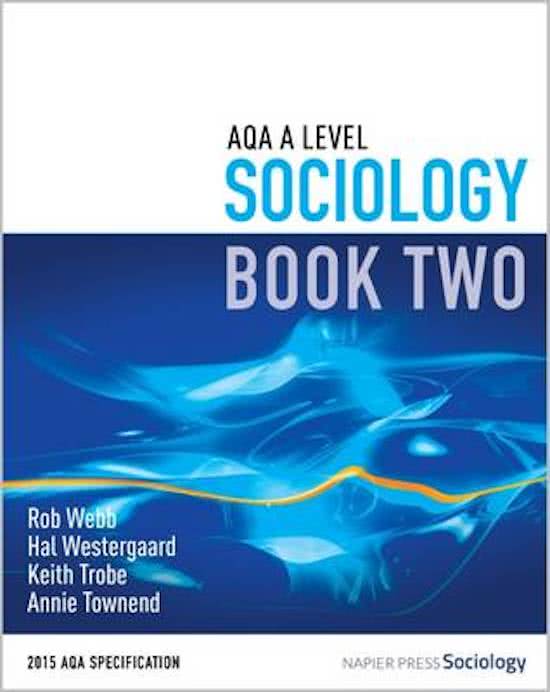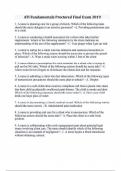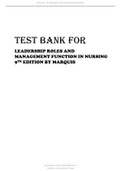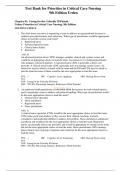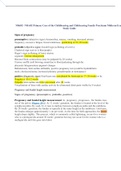Summary
Summary of Crime and Deviance - Globalisation, Green crime, Human rights and State crime (AS, A-level and GSCE)
- Module
- Institution
- Book
In-depth notes on Globalisation, Green crime, Human rights and State crime in terms of Crime and Deviance. It includes the necessary sociologists and recent statistical data to take your grade to the next level. Exams come pre-highlighted to focus on the essential aspects needed in an essay/exam. T...
[Show more]
